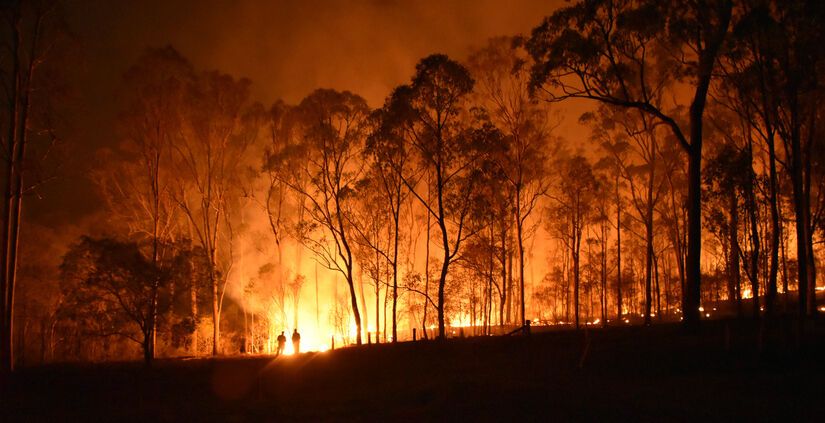Investigating 'Climate Burnout': Strategies to Maintain Motivation in Fighting Climate Change

As the intensity and frequency of weather extremes escalate, the climate change movement now faces a new obstacle, termed "climate burnout." This troubling development, characterized by despair and fatigue among climate change advocates, could threaten the essential commitment needed for the cause.
Research from Flinders University, published in the Journal of Environmental Psychology, delved into both the aggravating and alleviating factors of despair-induced climate burnout. The goal was to understand how individuals can overcome despair and sustain their motivation to combat climate change. Lead author Dr. Lucy Bird from the College of Education, Psychology, and Social Work states, "Our research underscores the growing issue of climate burnout, where individuals in the climate justice movement experience extreme exhaustion and disengagement due to despair over the crisis."
Two studies involving over 1,200 participants aimed to discover if despair related to the climate crisis is linked to experiencing burnout. Key findings revealed that individuals are more prone to burnout when they feel despondent and fatigued about addressing climate change.

However, Dr. Bird emphasizes an important aspect: when participants considered practical actions like using their vehicles less, reducing waste, and working together to urge organizations to implement changes, they felt significantly less disengaged. "Focusing on actionable steps and fostering a sense of community and shared purpose can help combat burnout and maintain progress in tackling one of humanity’s most defining issues," she explains.
Additionally, the research explored the influence of hopeful thinking. In some cases, merely imagining a utopian future where the climate crisis has been resolved helped reduce the tendency to disengage. Pragmatic thinking about the necessary steps to address climate change also showed promise in lowering climate burnout.
Dr. Bird stresses the significance of shielding people from despair-induced burnout, given the urgent need to address climate change. This approach aligns with evolving strategies within the climate advocacy community, emphasizing actionable solutions over overwhelming feelings of despair. "As global communities strive for impactful climate policies and initiatives, creating an environment that supports sustained engagement and mutual support is crucial."
She also notes that future research should explore various interventions to alleviate climate change-related fatigue and exhaustion, as pragmatism and utopian thinking were not always fully effective. Dr. Bird concludes by quoting street artist Banksy's mural near London's Hyde Park, painted in support of Extinction Rebellion protests in 2019: "From this moment despair ends and tactics begin."
Earlier, SSP wrote about the unique feeding behavior of a new amoeba.



















